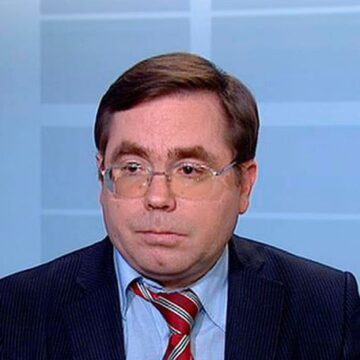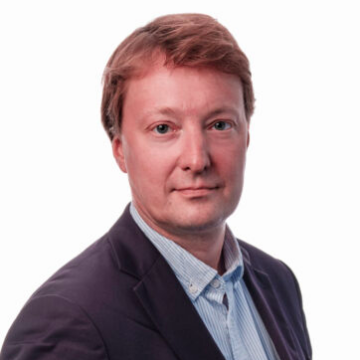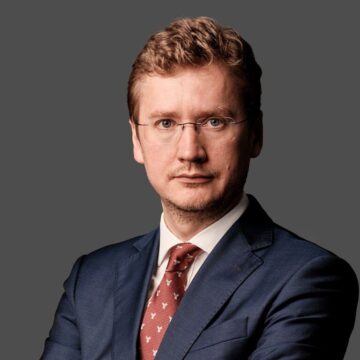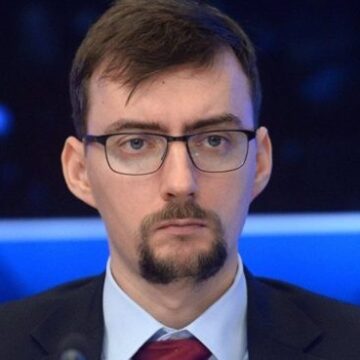Most descriptions of the international order – whether existing or imminent –invariably include the notion of “many,” such as multilateralism, multipolarity, polycentrism, and so on. This is natural. The number of meaningful international relations actors is unprecedentedly large, more than in a very long time, if ever. The world (especially its European part seeking expansion and dominance) has long been accustomed to the rigid hierarchical constructs that defined the international system. Over the past 200 years, the hierarchy has been consistently becoming less complicated. From the Concert of Europe in the 19th century to the opposing “axes” of the first half of the 20th century, and from rigid bipolarity of the Cold War to the “unipolar moment” which was declared after it ended. The latter was the culmination.


The outgoing international order (Yalta-Potsdam, which survived in a modified form even in the post-Cold War period) was perhaps the last one based on a balance of power within a limited group of states. In other words, it was hierarchical by nature. If this assumption is correct, then an era that has persisted in international relations for 500 years (since the European expansion into Asia, Africa, and the Americas) is coming to an end. The “end of history” in a sense also meant the end of hierarchy. The “unipolar moment” flatly rejected the need for order in the previous sense, as it envisaged that, as states integrated into the global liberal-democratic paradigm, the nature of their behaviour would change as well.
To be sure, hierarchy has ended. However, it did not end with its complete triumph and the dissolution of the international order therein, but with the exhaustion of the possibilities that it offered. The unification efforts have had the reverse effect, as different cultures and peoples seek to emphasise their identity and distinctiveness even more. The current stage is transitional. Ideological attempts are being made to maintain the dominance of a single set of norms and rules in the spirit of the post-Cold War period. But it is being imposed coercively, as in much earlier periods. All of that is unfolding against the backdrop of the limits achieved by globalisation in ensuring an acceptable division of benefits for the leading participants.
As Indian politician Jaswant Singh wrote, “the end of the Cold War did not lead to the end of history. The thaw of the late 1980s only heated up Europe’s ancient feuds. We did not enter a unipolar world. It would be a grave error to believe that simply repeating the mantras of globalisation and markets in the 21st century will subordinate national security to global trade. The 21st century will not be the century of trade. The world still has to deal with the unfinished issues of the past.”
The push to preserve elements of the former international order within what is emerging today is an important cause of the current confrontations.


If this “convergence” process is successful, the new international arrangement may not result from a “deal” or a “peace congress” of victors but may emerge as a result of the natural process of interaction between states and the discovery of acceptable options for all. Surprisingly, in the context of global politics, this may happen without winners or losers. This would mark the beginning of a new non-hierarchical era and the emergence of constraints on the worst aspects of previous systems, such as the pursuit of hegemony which tops that list.
You can download the report here.














